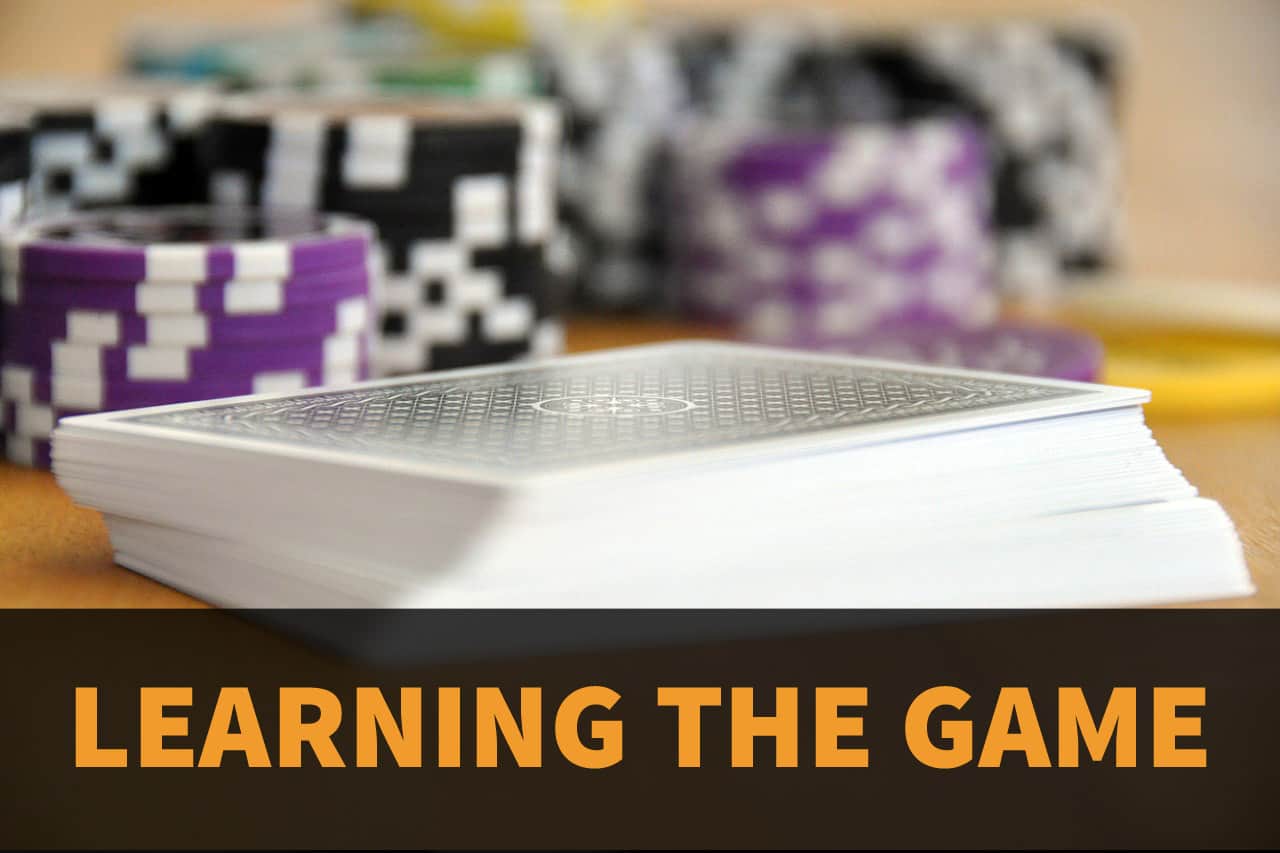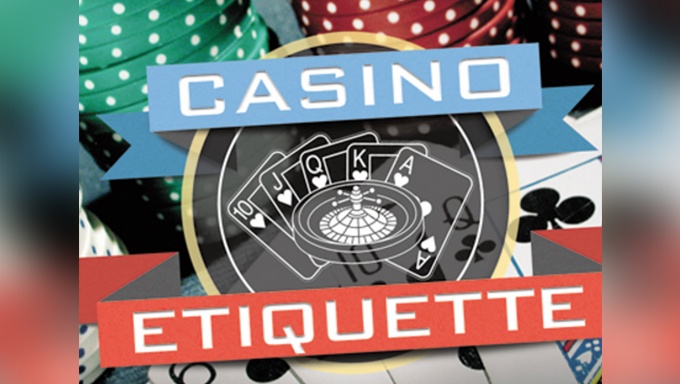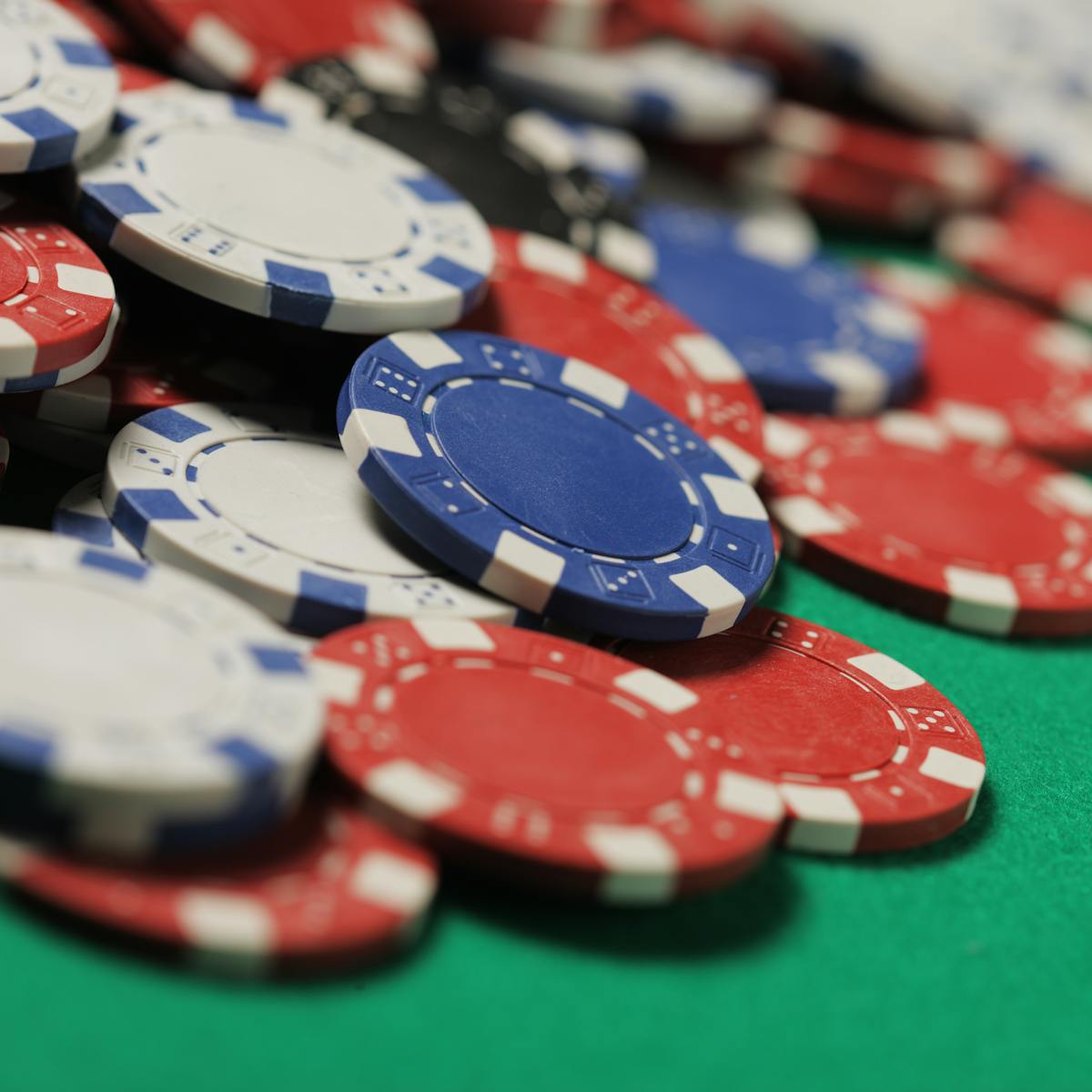Casino Poker Rules And Etiquette

The Most Important Casino Poker Rules And Etiquette. Let’s have a look at important poker rules and terms used in this game: Checking refers to how every player gets the opportunity to check, which means the process of balking at the choice of opening a bet. Betting is also known as placing a wager. Online Casino Rules and Etiquette. Playing games online is much like playing at a land-based establishment, only it is experienced from the comfort of your own home. There are still rules and some basic etiquette that one needs to know though, as you are still playing these games with other players and sometimes with a live dealer.
Call them rules, conventions, or Poker etiquette, some guidelines are common to all forms of Poker, especially Poker in card clubs or casinos. Although you may find some minor variations from one casino to another, many card casinos are working diligently toward a uniform set of guidelines.
Going all-in
If you don’t have enough to cover the bets and raises, you are said to go all-in and are simply contesting that portion of the pot your money covers. Others who are active in the hand can still make wagers, but those bets constitute a side pot. At the hand’s conclusion, the side pot is decided first, then the main pot. You aren’t eligible to win the side pot because you invested no money in it, but you can win the main pot. You can buy more chips or put more money on the table between hands.
You can’t drive someone out of a pot just by betting more money than he has in front of him. The player with the limited chip supply goes all-in — by calling with the remainder of his chips. If the all-in player loses, he either buys more chips or leaves the game.
Knowing how to raise
If you want to raise, just say “Raise.” Then you can go back to your stack and count out the proper amount of chips. If you want to let your action announce your intention, you usually must put the correct amount of chips into the pot, and do it all in one motion.
No splashing
Avoid splashing the pot: Don’t toss chips into the center of the table where they mingle with the others. Instead, stack your chips neatly on the table about 18 inches in front of you. The dealer will pull them into the pot when the action has been completed on that round of betting.
If it’s your first time in a public cardroom, tell the dealer so he can help you through the mechanics of the game. After a few sessions, you’ll be familiar and comfortable with the majority of playing procedures. Soon you, too, will feel like a regular.
Protecting your hand; cards speak
In a casino, unlike in many home games, you are always responsible for your hand. Toss it in the muck (the pile of discarded cards), and your hand is fouled and cannot win. The rule in all cardrooms is that cards speak — your hand is worth whatever value the cards have. Dealers, however, can make mistakes. If you think yours is the best hand, turn your cards face up and announce it. Place it halfway between your chips and the pot, and hold on to it while the dealer determines the outcome.
If you’re not sure whether you have the best hand, turn all of your cards face up at the end of the hand and allow the dealer to read your hand. If you are in a Poker club or casino and there is a doubt or debate, even if the hand is over, casino security cameras can review the hands that were shown down to determine the winner.
Sticking to table stakes

Casino Poker Rules And Etiquette Rules
Most games, including most casino games, are table stakes. You can’t add chips or money to the amount in front of you during the play of the hand. If you run out of money during a hand, you can contest only that portion of the pot that your bets cover. You can’t go light — that is, pull more money out of your wallet — as you might do in a home game. You can, of course, always add more money to your playing stake between hands.

Taking time out
Anytime you are unsure of anything, the best procedure to follow is to call “Time!” This freezes the action. Then get your questions resolved prior to acting. Poker etiquette suggests that you not abuse this privilege, particularly if you are in a game where you are charged a fee for sitting at the table. Players usually want a fast, efficiently run game with as few interruptions as possible.
Dealing and decks
Dealers — and decks — generally rotate every half-hour. In addition, players unhappy with their run of cards are prone to holler “Deck change!” Most cardrooms permit a change once a deck has been in play for an entire round.
Grasping the finer points: Etiquette
Poker rules and etiquette helps speed the game along and keep it orderly. These conventions are as much a part of the game as the cards themselves. In fact, when you play casino Poker for the first time, Poker etiquette may take more getting used to than the game itself.
Keep in mind the following points of Poker protocol:
- Act in turn. Each player is expected to act in turn as play proceeds clockwise around the table. If someone bets and you plan to discard your hand, wait until it’s your turn to act before doing so. Not only is acting out of turn impolite, it can give a big advantage to one of your opponents. If he knows you’ll fold your hand, it makes it easier for him to bluff and is unfair to the rest of the players. In Poker, as in most things, it’s considered polite to wait your turn.
- Keep your cards in plain sight. In order to maintain the integrity of the game, players must keep their cards on the table during the play of the hand. The best way to protect your hand is to keep it on the table and look at the cards by shielding them with your hands while lifting a corner of each card to peek at it. In a game like Texas Hold’em, where players have only two cards in front of them, it’s customary to leave them on the table after looking and to place a chip on top of them. This alerts the dealer that your hand is still in play.
- Avoid discussing hands in play. Discussing your hand with others, even if you have released it and are no longer contesting that pot, may provide information that would give another player an unfair advantage. If you want to discuss a hand with a neighbor, wait until the hand concludes.
- Practice toking.Toking (Poker parlance for tipping) the dealer is customary when you win a pot. In Poker casinos, tokes constitute a significant part of each dealer’s income. The size of the pot and the game’s betting limits generally determine the amount of the toke. If you’re new to casino Poker, take your toking cue from the other players at the table. In games with betting limits of $10–$20 or higher, a dollar is a typical toke for all but the smallest pots. In smaller games, tokes of fifty cents are the rule.
Casino Poker Rules And Etiquette Party
When I hear the word “showdown,” I tend to think of two bad hombres with their hands twitching just over their holstered six-shooters in the streets of Laredo.
Fortunately, that sort of thing happens very rarely in your better casino poker rooms these days. If that’s where you are when you hear “showdown,” there’s no need to take cover, as you might have done in the Old West — it’s just a reference to two or more players who are in a poker hand all the way to the end, at which time a winner must be determined.
At first it may seem ludicrous that there are rules and procedures to such a simple process. Can’t everybody just turn their cards face up and be done with it?
Well, yes, they could — but they don’t. Unfortunately, a substantial percentage of poker players possess a pathological aversion to showing their hands unnecessarily. They’d sooner reveal the nation’s nuclear launch codes than their down cards. You can only get these stubborn players to show by making bamboo shoots grow under their fingernails.
The showdown rules and procedures were developed to keep the game from grinding to a halt whenever you’ve got two such people in the same hand, since in poker we try to avoid actual physical torture. (Psychological torture is just part of the game, of course.)
Showdown Rules
There are two different procedures, depending on whether or not there was betting on the last street.
If there was no betting on the last street, the procedure is blessedly simple. The showdown goes in the same order as all other actions, starting left of the button and proceeding clockwise to the button. The first player still holding live cards turns them face up. Then each subsequent player can, in turn, put his own cards face up, or, if he sees that he is not the winner, just pass them back to the dealer face down.
However, if there was betting on the last street, this all changes. In that situation, the last player to take an aggressive action — defined as either betting or raising — is obligated to reveal his cards first. Then the showdown proceeds around the table clockwise from his position, without regard to where the button is. As in the previous paragraph, each player in turn can choose to show his cards or just muck them.
That’s the basics, right there. However, I think it’s worth knowing some additional nuances and etiquette.
The Showdown Needn’t Be a Standoff
As I said earlier, there are some players who just won’t go along with the program. They like to gain an edge by playing a waiting game. If they delay long enough, they figure, everybody else will get nervous or impatient and show first. Then they can keep their cards secret unless they see that they have the winner.

This especially happens when a player has had a bluff called. He’s embarrassed to show it, but also doesn’t want to just throw his hand away, in case it turns out that he was bluffing with the best hand. (It does happen.) So he just sits there, hoping that you or one of the other players will take the pressure off of him by showing first.
This is terribly rude, as it unnecessarily slows down the game, and makes a tactical advantage out of being willing to be a jerk. Never be one of those guys, and don’t let them intimidate you into letting them skip their proper turn to show. The dealer should enforce the standard procedure, but in reality, many dealers care more about getting the hand finished quickly than niceties of procedure. You can, and should, politely ask the dealer to require the players to either show or muck when it’s their turn. Don’t let the bullies take advantage.
There’s No Rule Against Showing Early
There is no prohibition on showing before it’s officially your turn. In fact, it’s usually best for everybody if all the players still holding live hands when it’s time for the showdown just flip them face up immediately — no fuss, no muss. The procedures described above were developed to resolve that potential standoff when nobody volunteers to show first.
Don’t Slow Roll at Showdown
If you have the stone-cold nuts, or a very strong hand, and yet you make everybody else show first just because that’s what the procedure dictates, you may well come under criticism for “slow rolling.” That is a social faux pas, even when you’re just doing what the rules require. It’s considered polite to show your cards quickly — even if it’s not yet your turn — when you’re holding a hand that you have good reason to believe will be the winner. You can hope that other players will show you the same courtesy when they have the monster.
Where There’s a Side Pot
Sometimes there will be a side pot. This happens when one player is all in, but two or more others have more chips and keep betting and raising. The all-in player is eligible to win from each other player only the amount that he put into the pot, so when others keep putting in more chips beyond that, they get kept physically separate — a “side pot,” because it’s literally off to one side of the table.
When that has happened, the dealer will always request to first see the hands that are eligible for the side pot. The reason is to get that pot awarded to whoever has won it before turning to the main pot. If it isn’t done in that order, and the all-in player has the best hand, it’s too easy for the dealer to make a mistake and push all the chips to the all-in player, including those that aren’t rightfully his.
(Fun homework assignment: Watch the 2006 James Bond film Casino Royale again and spot the moment when a poker dealer does this procedure incorrectly.)
If in Doubt, Just Show
Finally, until your derriere has logged a whole lot of hours in a poker chair, it’s probably wisest to just always show your cards. Even highly experienced players will occasionally misread the situation and muck the winning hand, and novice players make this mistake a lot. (I’ve done it at least half a dozen times, realizing soon after my cards were in the muck — and probably a few more that I never realized.)
If you always elect to turn your cards face up at showdown, even if you’re sure you hand is a loser, you may give away a little information that you didn’t have to, but you’ll never risk losing a pot because you misread either your own hand or that of an opponent. This is especially true with two-pair hands, which tend to be really tricky and throw people off.
Keep these pointers in mind, cowboy. And leave the six-shooters at home.
Robert Woolley lives in Asheville, NC. He spent several years in Las Vegas and chronicled his life in poker on the “Poker Grump” blog.
Casino Poker Rules And Etiquette Regulations
Get all the latest PokerNews updates on your social media outlets. Follow us on Twitter and find us on both Facebook and Google+!
Casino Poker Rules And Etiquette Games
Tags
Casino Poker for Beginnerslive casino pokerrulesetiquette